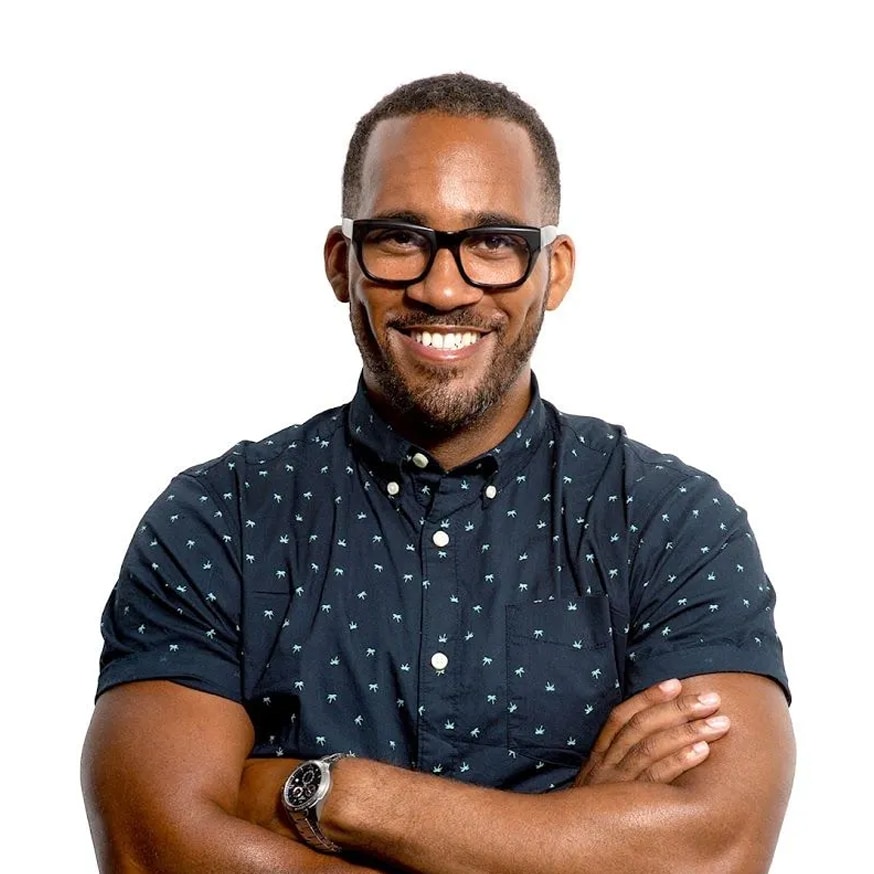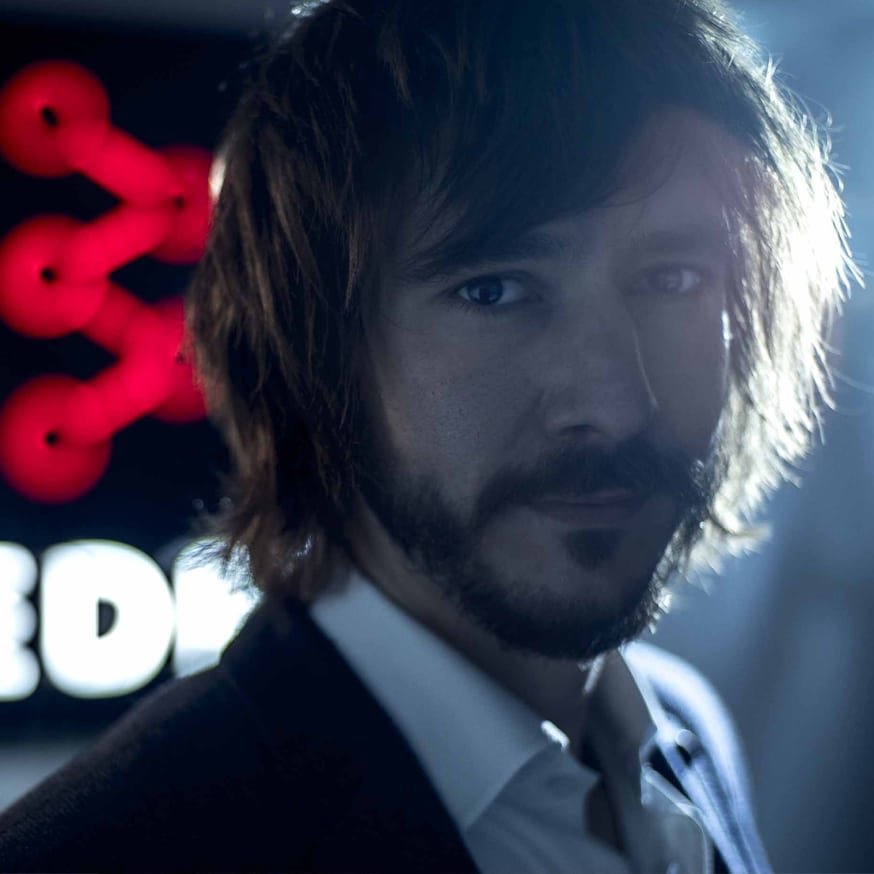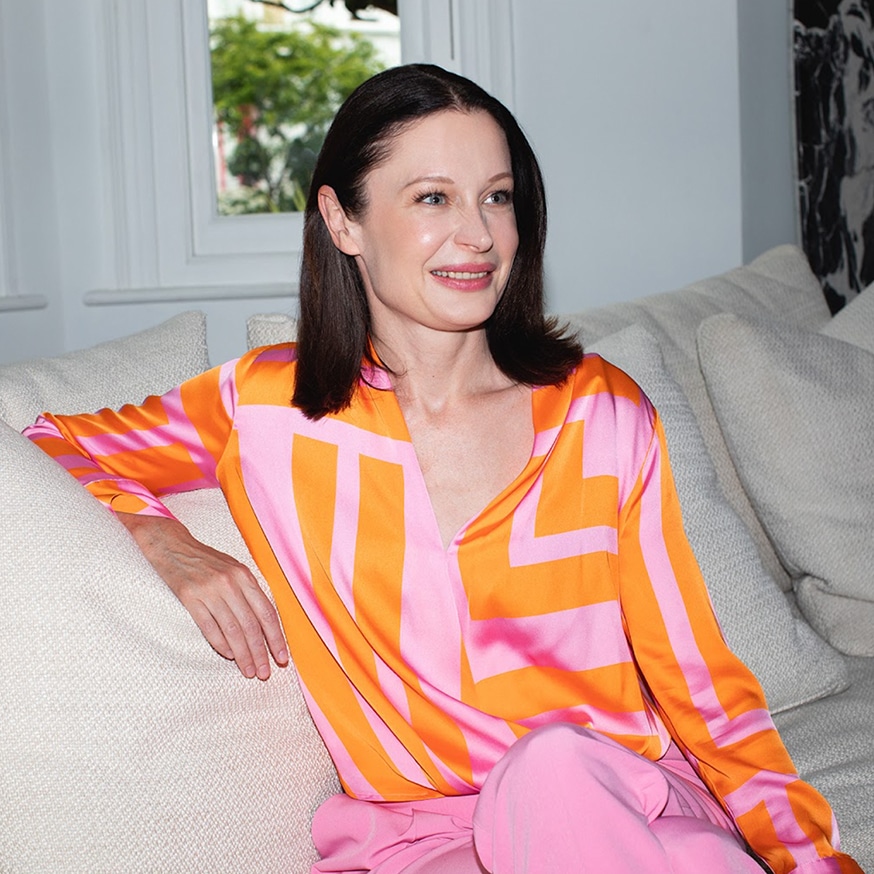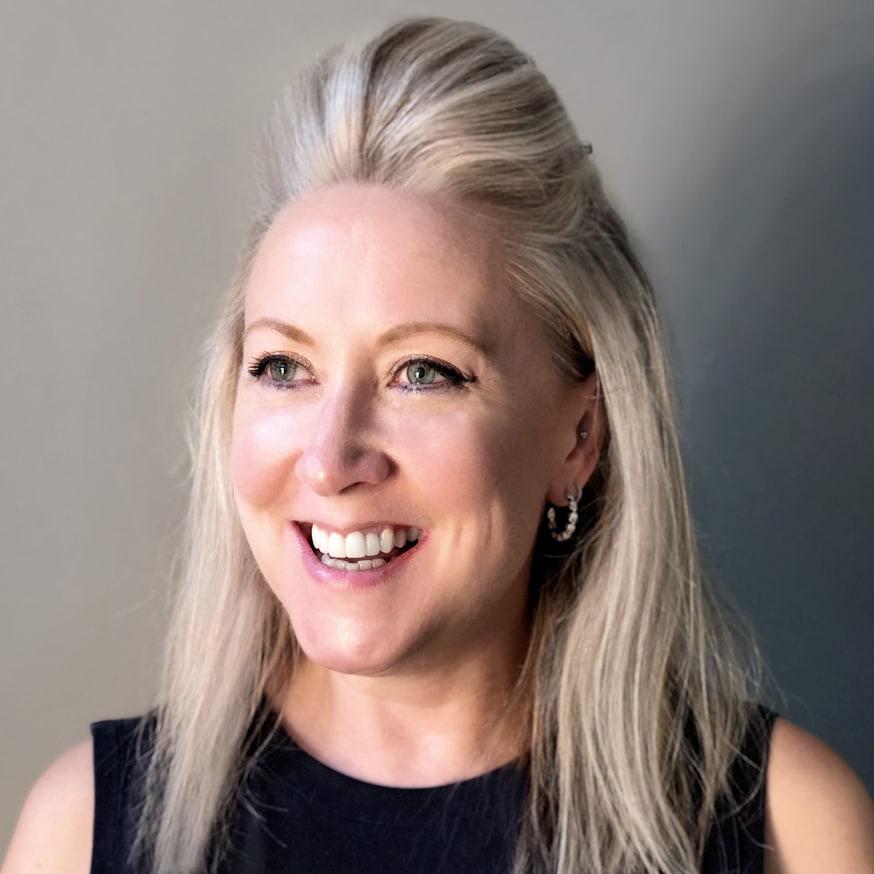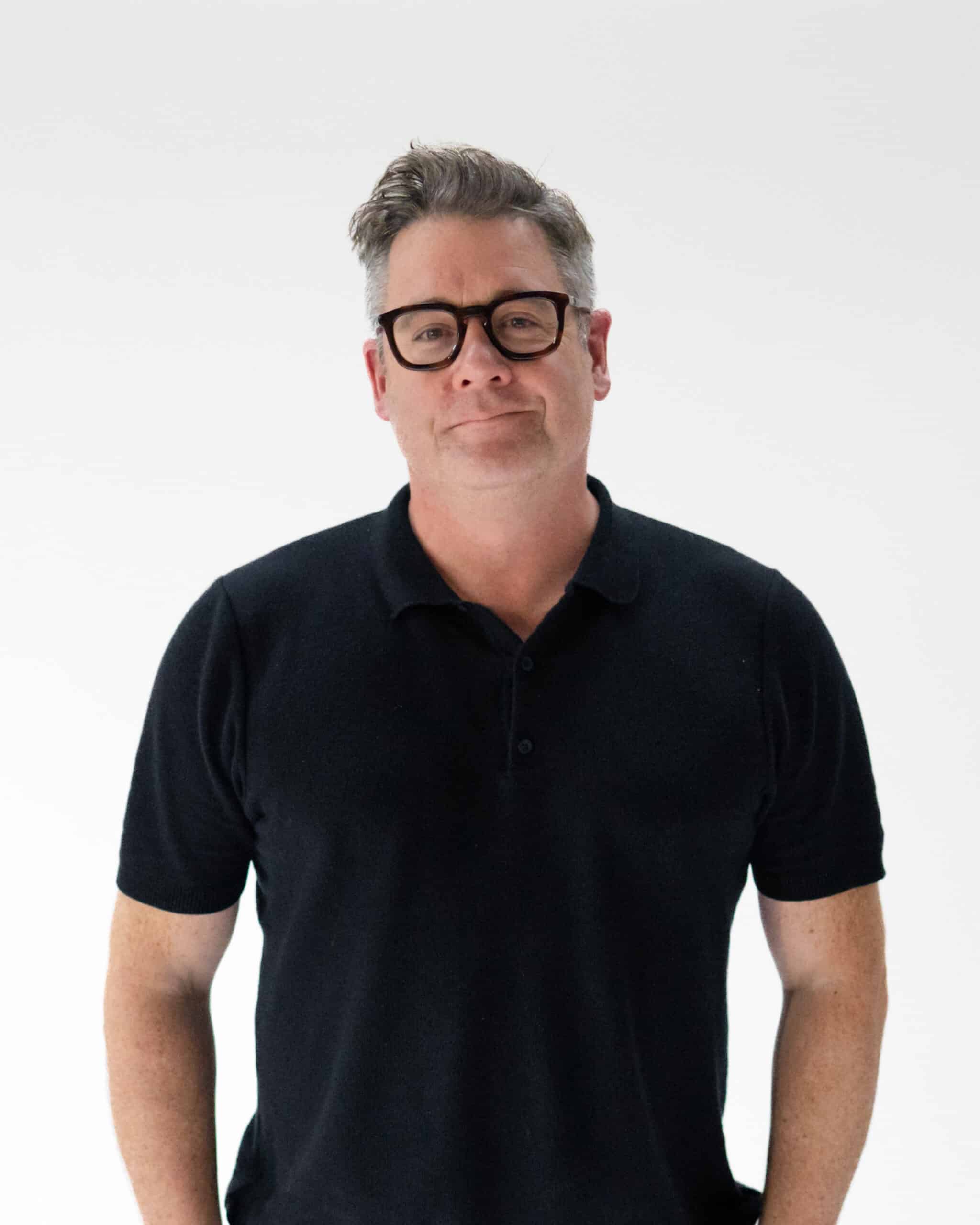
Fake it till you make it
"I don't regard it necessarily as bad advice, especially for those that lack a bit of confidence and need a bit of a push"
Mark Ritson | Founder & Marketing Professor | Marketing Week MiniMBA
How would you explain what "Fake it till you make it" means?
It originally started out as a negative connotation that you basically bullshit your way through until something works.
But I would say to you:
In the modern world, certainly the 21st century, there's a lot more credibility to that statement. When we look at brands, executives, valuations, there's a lot to be said for faking it for a while, until things start to work. And if I could summarise it, I think there's two kinds of bullshits in the world:
1. Someone asks you if you can do something and you say: "Yes!" Although it's bullshit. But then you work out how to do it, and that's "good bullshit".
2. Then there's completely fucking up a job and at the end of it giving a bullshit reason why you fucked it up. That's "bad bullshit".
So I regard fake it until you make it as kind of the "good bullshit" for the most part.
What do you think of the advice?
It's advice that to some degree is probably quite useful. At least in my world of marketing and in brand management there's an awful lot of people with impostor syndrome. Tragically, they tend to be people that are actually pretty good at their job.
There's a couple of ways to fix impostor syndrome, one of them is training. Another way is to point out how useless most other people are. So you may not be perfect, but you are a lot better than most.
The other fix for impostor syndrome is: "Look, you can bullshit a bit, you can fake it for a while and you will get through, eventually you'll get really good at this."
So I don't regard it necessarily as bad advice, especially for those that lack a bit of confidence and need a bit of a push.
Mark Ritson gives an example of when he's bent the truth in the past to appear more credible...
Probably the most significant truth bending in my career was when I did my PhD. I was very young in marketing and got a scholarship to do a very bad PhD at Wharton (University of Pennsylvania). Afterwards, I interviewed at Harvard Business School, Penn State and Rutgers, with what I can only describe as the biggest piece of shit thesis in the history of the planet. I had no idea what I was doing and yet I managed to get a high number of job offers from business schools that had not worked out that I was definitely faking it. To my own defence I did later on make it as a pretty decent American marketing professor. I would say that was my biggest one. But there are many, many more that I probably shouldn't go into...
Mark Ritson's bio
I have a PhD in Marketing and spent 25 years working as a marketing professor. I was an Assistant Professor at London Business School and the University of Minnesota, an Associate Professor and then Adjunct Professor at Melbourne Business School, and Visiting Professor at MIT Sloan and SMU. My MBA teaching won a shit ton of prizes including best teacher at LBS, MIT & MBS.
I have also worked as a global brand consultant for clients that include Baxter, Loewe, McKinsey, Subaru, Donna Karan, Westpac, Shiseido, Flight Centre, Johnson & Johnson, De Beers, Sephora, Benefit, Amgen, Ericsson, Jurlique, Cloudy Bay and WD40. For thirteen years - from 2002 to 2015 - I served as the in-house brand consultant for LVMH - the world's largest luxury group - working in Paris with senior executives from brands like Louis Vuitton, Dom Perignon and Hennessy.
I’ve been a columnist for (gulp) 20 years, writing a weekly column for Marketing Week. On five occasions I've been voted Columnist of the Year at the PPA Press Awards, the highest award for magazine journalism in the UK. I’ve also been the British Society of Magazine Editors Business Columnist of the Year twice too, in 2018 and 2022. My more scholarly publications include articles in the Sloan Management Review, Harvard Business Review, the Journal of Advertising and the Journal of Consumer Research.
I was a Thouron Scholar and spent 1995 at Wharton. I was the recipient of the Ferber Award in 2000 for my doctoral thesis. My co-authored pricing research was cited by George Akerlof during his 2001 Nobel Prize acceptance speech. In 2018 AdNews rated me one of their “Power 50” and I made SmartCompany's top ten business thinkers list. The AMI gave me the Sir Charles McGrath Award, the highest honour for marketing in Australia. I gave the 30th Anniversary Levitt Group lecture for the Chartered Institute of Marketing in 2019 and the Ogilvy lecture for the Marketing Society a year later.
These days I focus on my Mini MBA in Marketing courses. I live in Tasmania with one and a half Tasmanians plus two idiot dogs. I also drink a lot of wine in my underpants.
Humble promo of Mark Ritson and his Marketing Week MiniMBA
If you want to be the best in the business of Marketing you have to sign up to Mark's Marketing Week MiniMBA - no ifs, no buts!
It is a MBA level course in terms of quality and content packed into a shorter, convenient, fun and super brilliant 3 months.
Mark (the miniMBA) brilliantly takes a lot of complex, muddied and varying theory from the world of marketing and simplifies it so it is both digestible and straightforward.
Should you want to deep dive into the various topics, extra reading is also suggested.
Mark’s presentation style is incredibly engaging that you’re hooked from the start and the end ‘exams’ are genius. Not what you’d expect... find out more
Cheersssss!
Daniel (Polymensa founder)
Explore other perspectives
Liam Corrigan
Founder @ RedPill
"I agree with it. Because I don't understand how anything would ever get done - unless you're an expert."
Tash Courtenay-Smith
Founder @ Bolt Digital
"It encourages focus and behavioural change towards your desired outcome"

The Rabbit Hole: VSauce
If you're into the big human questions like:
What if everyone jumped at once?
Is your red the same as my red?
Which way is down?
Then you'll love VSauce, be warned, it's very addictive!
Peak down the rabbit hole

Blindspot: The Luck Factor
The whole Steven Bartlett / Social Chain story really got me thinking about "luck" this week. And not necessarily why some people are more lucky than others? But more what effect does feeling lucky have on you and your future?
Read more


